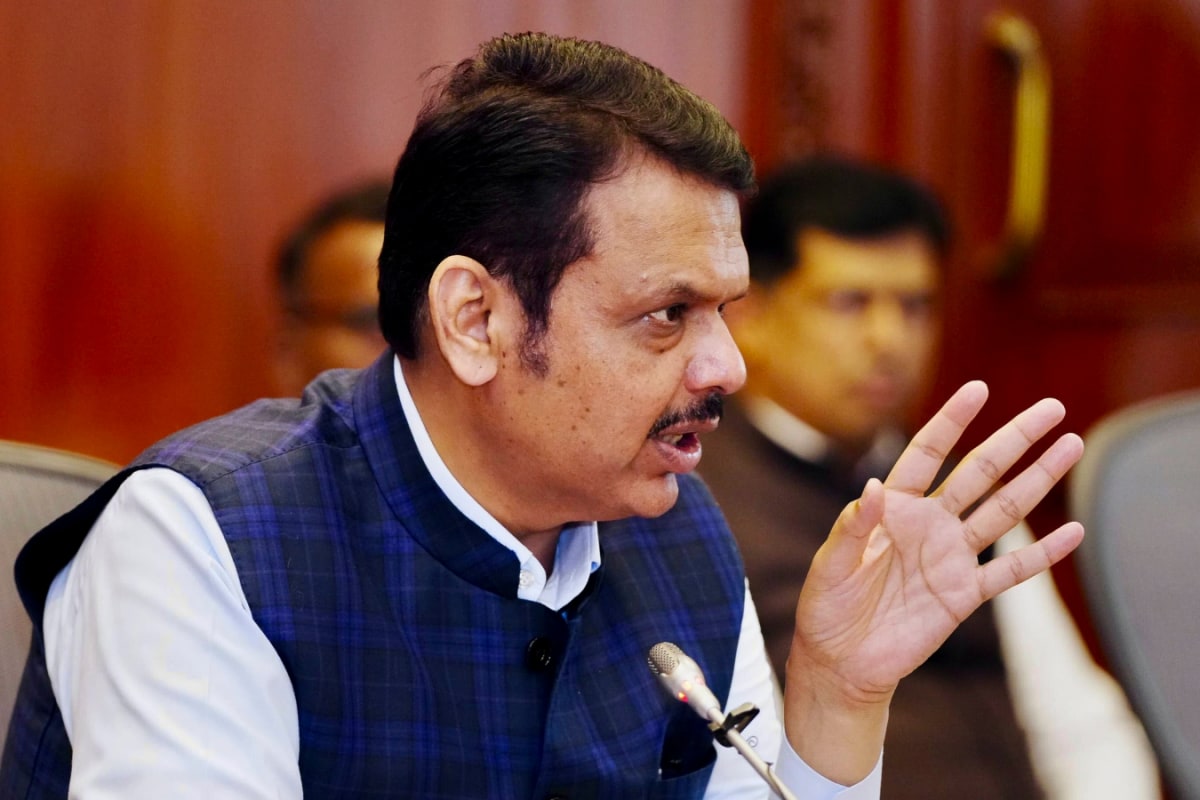The Maharashtra government has recently withdrawn its controversial Government Resolutions (GRs) regarding the implementation of the three-language policy in schools, a move that has been met with both relief and political maneuvering. This decision effectively scraps the mandatory inclusion of Hindi as a third language for students in Classes 1 to 5 in English and Marathi medium schools. The sequence of events leading to this reversal reveals a complex interplay of regional pride, cultural autonomy, and political pressure.
Timeline of Events:
- September 21, 2020: The then Chief Minister Uddhav Thackeray appointed an 18-member Mashelkar Committee, comprised of figures from the education sector, to discuss how to implement the NEP.
- October 16, 2020: A GR was issued.
- September 14, 2021: The Mashelkar Committee submitted a 101-page report which stated that English and Hindi languages should be taught in classes 1 to 12, apart from Marathi language.
- January 7, 2022: The report was presented to the state cabinet.
- April 16, 2025: The Fadnavis government issued a GR making Hindi a compulsory third language for students in classes 1 to 5 in English and Marathi medium schools. This decision was based on the 'State Curriculum Framework for School Education 2024', aligned with the National Education Policy (NEP) 2020.
- June 17, 2025: Amidst rising opposition, the government amended the GR, making Hindi an optional language. The amended order stated that Hindi would "generally" be the third language, but allowed students to opt for another Indian language if at least 20 students in a class express that desire. If the number of students was less than 20, the language would be taught via online methods.
- June 18, 2025: The amended order drew criticism from the opposition, who labeled the government as 'backstabber'.
- June 29, 2025: The Maharashtra government decided to withdraw the GRs amid backlash over the mandatory inclusion of Hindi in the school curriculum. Chief Minister Devendra Fadnavis announced the formation of a new committee under educationist Dr. Narendra Jadhav to review the language policy and propose a revised framework for implementation. The Shiv Sena (UBT) and MNS cancelled their planned joint march to oppose the "imposition" of the Hindi language.
Reasons for the U-Turn:
- Widespread Opposition: The initial decision to make Hindi a compulsory subject faced strong opposition from various groups, including regional parties like Shiv Sena (UBT), MNS, and NCP (SP), educators, activists, and parents. These groups viewed the move as an "imposition" of Hindi, undermining the importance of Marathi and other regional languages.
- Political Pressure: The opposition parties criticized the government's decision, accusing them of attempting to enforce Hindi through the "backdoor". Uddhav Thackeray and Raj Thackeray planned a joint protest against the "imposition" of Hindi.
- Concerns about Linguistic Diversity: Critics argued that the mandatory inclusion of Hindi contradicted the NEP 2020's promise of linguistic choice and its spirit of multilingualism and inclusivity.
- Marathi Pride: The decision was perceived as a threat to Marathi pride and regional unity. The cancellation of the government order was hailed by many as a victory for the Marathi language.
Aftermath and Future Implications:
- New Committee Formation: Following the withdrawal of the GRs, the government has formed a committee headed by educationist Dr. Narendra Jadhav to review the language policy and propose a revised framework. The committee will consider the recommendations of the Mashelkar Committee, feedback from stakeholders, and the interests of students, especially those in Marathi-medium schools. The panel has sought three months to study the issue and prepare a report.
- Focus on Marathi: The government has emphasized that Marathi and Marathi students are at the center of their policy, assuring that the language policy will always be Marathi-centric.
- Political Reactions: While some opposition leaders welcomed the GR rollback, they hinted that the debate around cultural imposition is far from over. Deputy Chief Minister Ajit Pawar appealed to opposition leaders and activists to call off their planned protest march.
- Uncertainty about the Future: The future of language education policy in Maharashtra's schools now depends on the recommendations of the Dr. Jadhav-led committee. The government has stated that it will wait for the committee's report before deciding from which class the three-language formula should be implemented.

